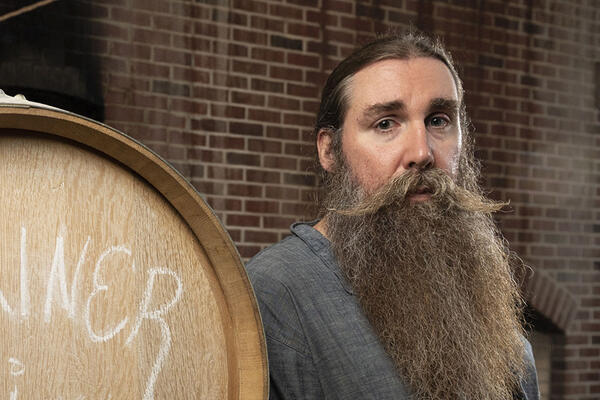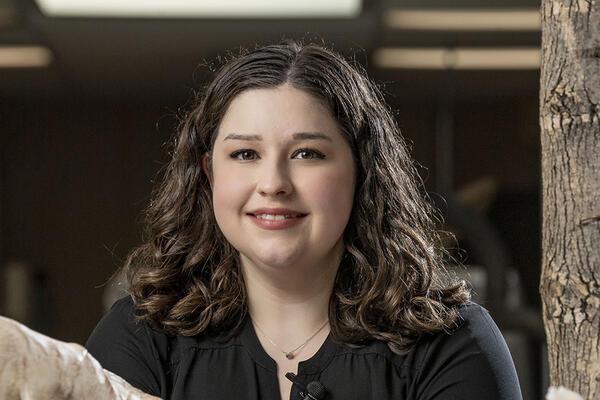On this page:
- Why Choose History?
- Careers
- Real-World Experience
- Success Stories
- Academics and Curriculum
- Admission
Why Choose History?
Our undergraduate program offers a rigorous, challenging, and intellectually stimulating experience. You will simultaneously explore a subject you love while developing the kinds of universal skills employers seek—written and spoken communication, analytical and problem solving skills, and research experience. This prepares you for a wide variety of careers. Our graduates have gone on to start their own businesses, work in small and large corporations, pursue advanced professional training in the law, receive a commission as an officer in the United States armed forces, and serve the public in local, state, and federal agencies.
Careers
What do you do with a history degree? In short, anything—but that is a scary answer. For more information on the diverse opportunities, the American Historical Association’s blog has a good roundup of articles.
For more information, find career information on the American Historical Association website.
All majors are encouraged to visit the College of Liberal Arts’ Center for Liberal Arts Success (CLASS) for guidance on preparing a resume, beginning the job search, and preparing for job interviews.
Real-World Experience
You will have the opportunity to gain valuable experience through internships, even during your undergraduate work. Recent undergraduate student internships have included:
- National Museum of the United States Air Force
- National Afro-American Museum and Cultural Center
- Air Force Institute of Technology
- Carillon Historical Park/Dayton History
- Dayton Society of Natural History
- Phillips Companies
- Wright State University Special Collections and Archives
- WACO Air Museum and Aviation Learning Center
- Logan County History Center
- Allen County Museum and Historical Society
- Warren County Records Center and Archives
- Greene County Records Center and Archives
Success Stories
Academics and Curriculum
The history faculty has designed a curriculum that helps you build skills and acquire knowledge as you move from learning fundamental skills to taking more advanced courses. History majors begin by taking HST 1100: Western Civilizations to 1500 and HST 1200: The West and the World since 1500. In their sophomore year, they take the 2-semester U.S. survey before moving on to HST 3000: Introduction to Historical Analysis and surveys of individual regions and topics. In their senior year, they move on to specialized courses and take the capstone course, HST 4900: Research Seminar.
View the Bachelor of Arts in History program information, degree requirements, and graduation planning strategy in the Academic Catalog.
Admission
Review the college admission requirements and complete the admission application. Identify whether you will be majoring in history.
If you are a current student and wish to change majors, submit a Major/Minor Change Request by logging in to WINGS, then select Student Academics under Your Launchpad. If you are an undecided/exploratory student, talk to your advisor about majoring in history.


